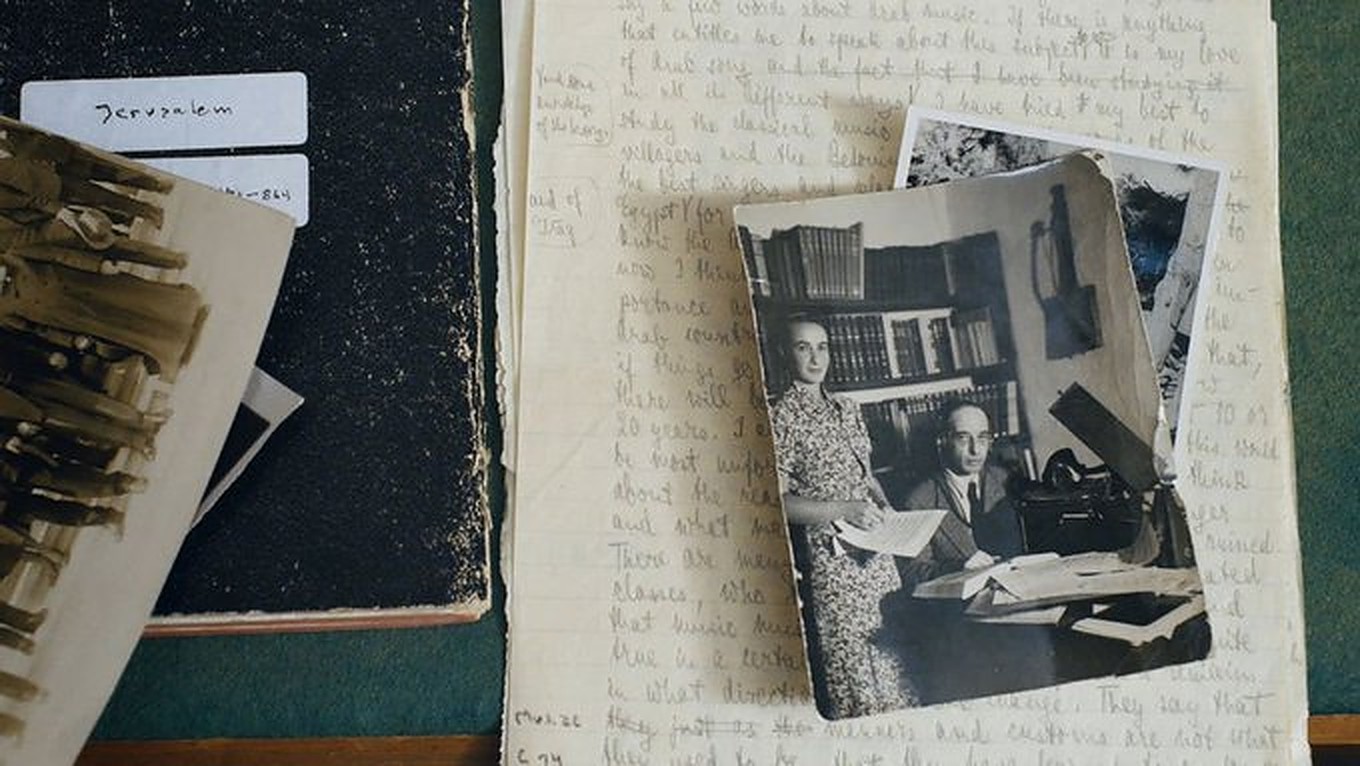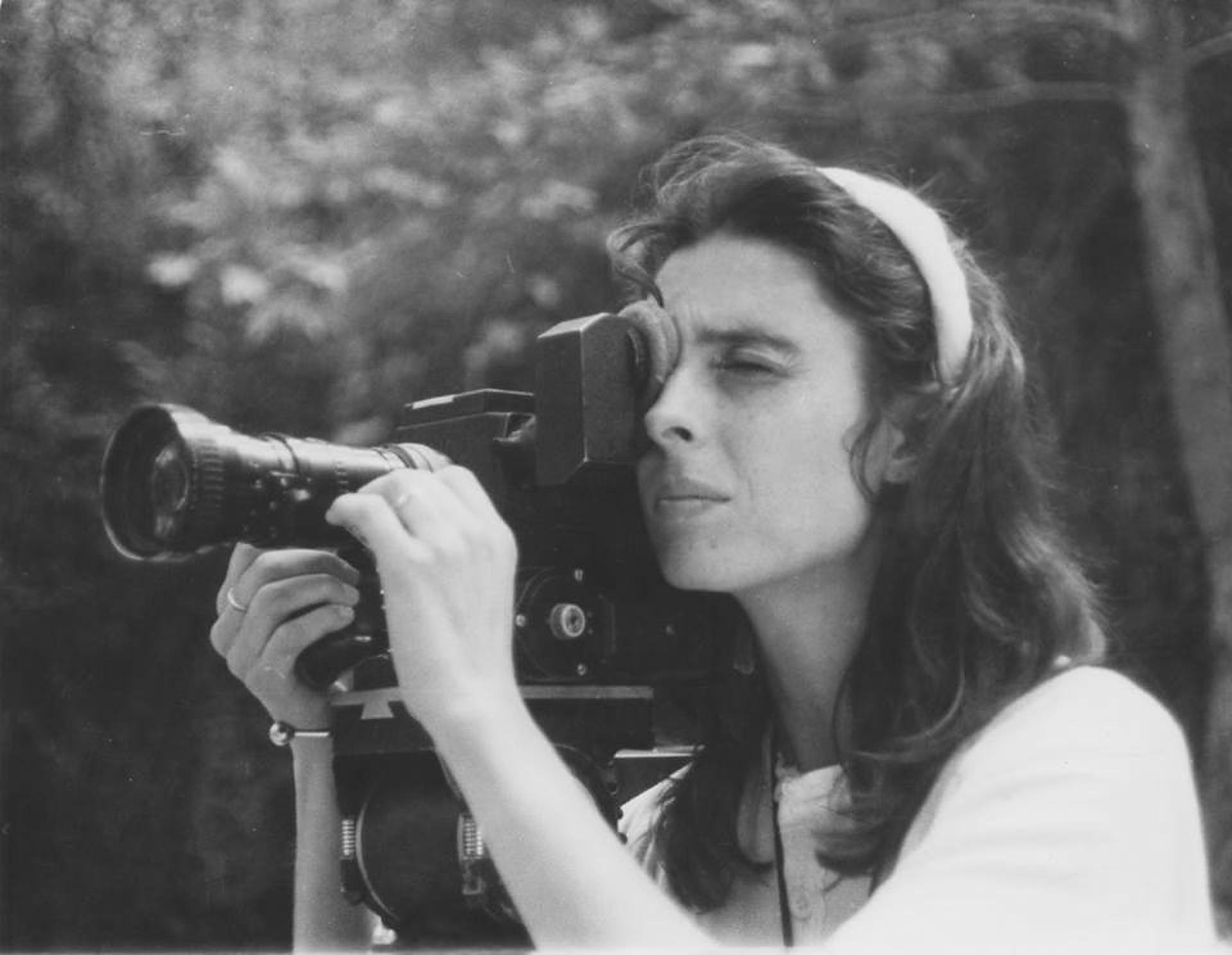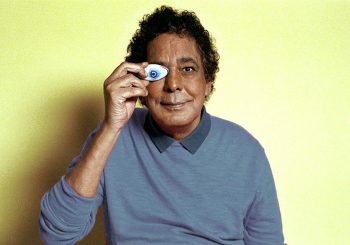
Starting from Tuesday afternoon, May 18, feminist film journal Another Screen will provide a selection of free films by Palestinian women in support of Palestine, where donations will go to organizations on the ground as well as those supporting filmmaking in Gaza, such as restoration projects and cultural centres.
The free streaming service will also offer contextualized texts and interviews for the films throughout the month to help the audiences understand the history and background behind each film.
As of today, ten filmmakers have been confirmed so far, which includes: Basma Alsharif, Mona Benyamin, Jumana Manna, Rosalind Nashashibi, Lokman Slim/Monika Borgmann, Razan AlSalah, Mahasen Nasser-Eldin, Pary El-Qalqili and Layaly Badr.
A MONTH OF FREE FILMS (BY PALESTINIAN WOMEN) FOR A FREE PALESTINE, from Tuesday on Another Screen. Films will be contextualised by texts and interviews and will be added throughout the month. Announcements about films and organisations we will be donating to coming very soon 🧡 pic.twitter.com/oMcie0xZdI
— Another Gaze / Another Screen (@anothergaze) May 15, 2021
Over the last few decades, Palestinian women filmmakers have received international recognition and garnered increasing attention, starting from Mai Masri, the first Palestinian women filmmaker, in the 1980s with her film Under the Rubble (1983). Most recently, she also produced the internationally acclaimed film ‘3000 Nights’ (2015), which focuses on the life story of a Palestinian woman in prison, and exposes the terrifying circumstances in which Palestinian political prisoners are exposed to.
Basma AlSherif is another internationally acclaimed filmmaker, artist and photographer, who explores the legacy of the colonialism and how it transitioned to neo-colonialism. She was described by Eyal Sivan as someone who “makes the claim for a generation of young Palestinian internationalist artists that the Palestinian perspective is in fact stronger than the metaphor of Palestine. This notion of a Palestinian perspective, of a gaze steeped in history and splintered by geography, means refusing to be enslaved, refusing to be merely a support for projection but instead providing a critical reflection on the nature of this projection.”
In April this year, Palestinian-British filmmaker Farah Nabulsi’s short film “The Present” won the award for Best Short Film at the 2021 British Academy of Film and Television Arts (BAFTA) ceremony. Co-written by Nabulsi and Hind Shoufani, the film tells the story about a father and daughter in the Israeli-occupied West Bank trying to buy a wedding anniversary gift for the girl’s mother, which turns into an impossible task due to the various checkpoints they must go through across Palestine’s West Bank.
To watch, follow Another Gaze through their website’s programmes and Twitter.







Comment (1)
[…] Source link […]